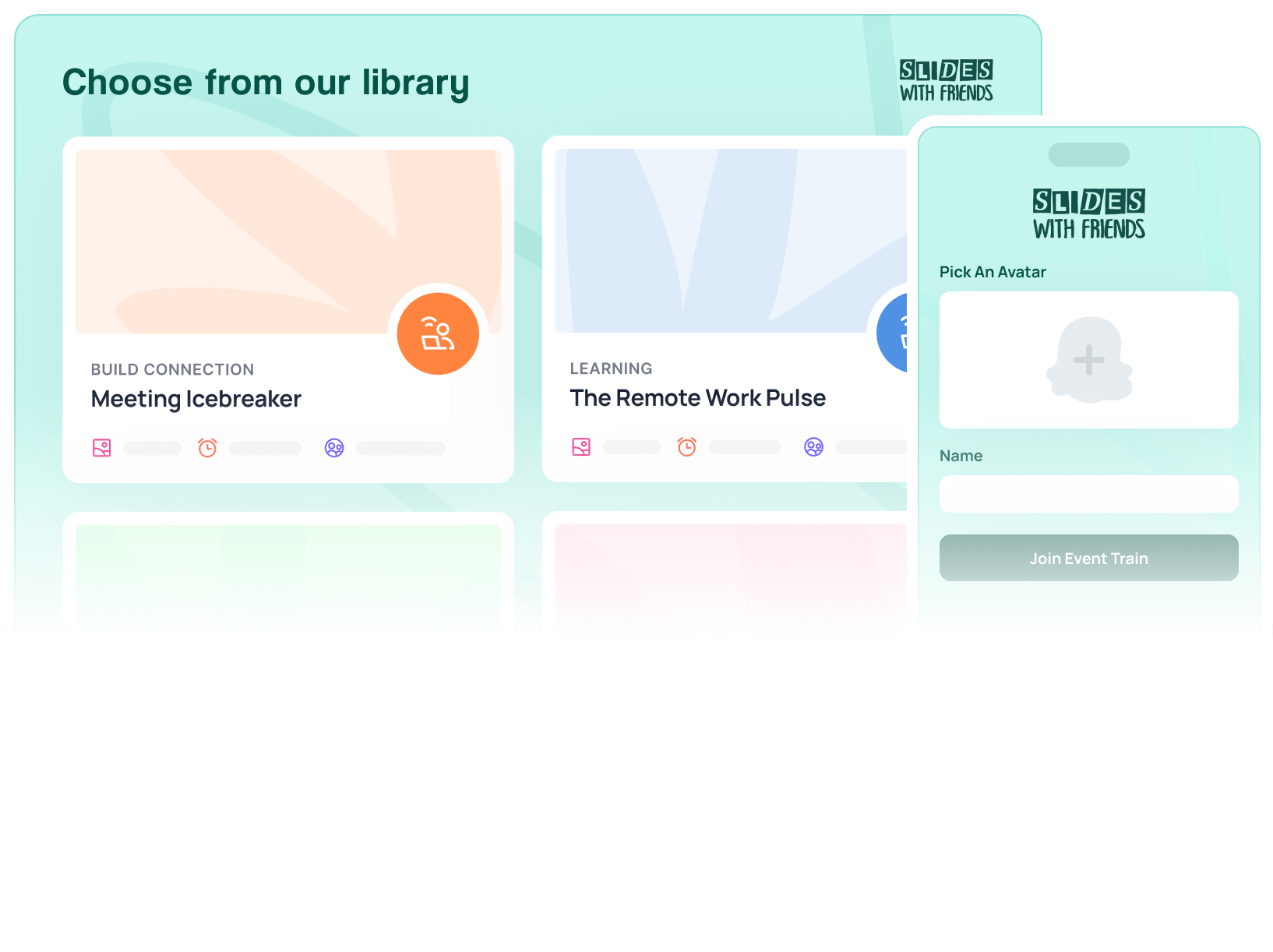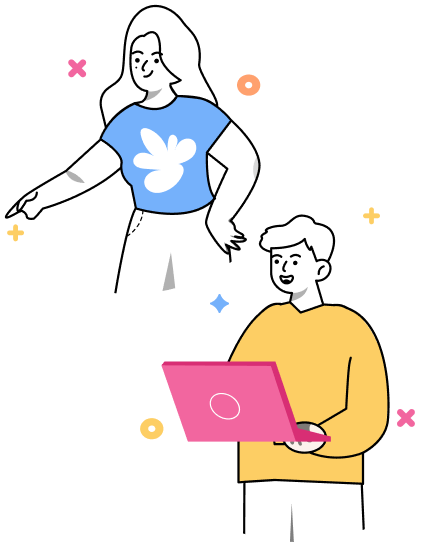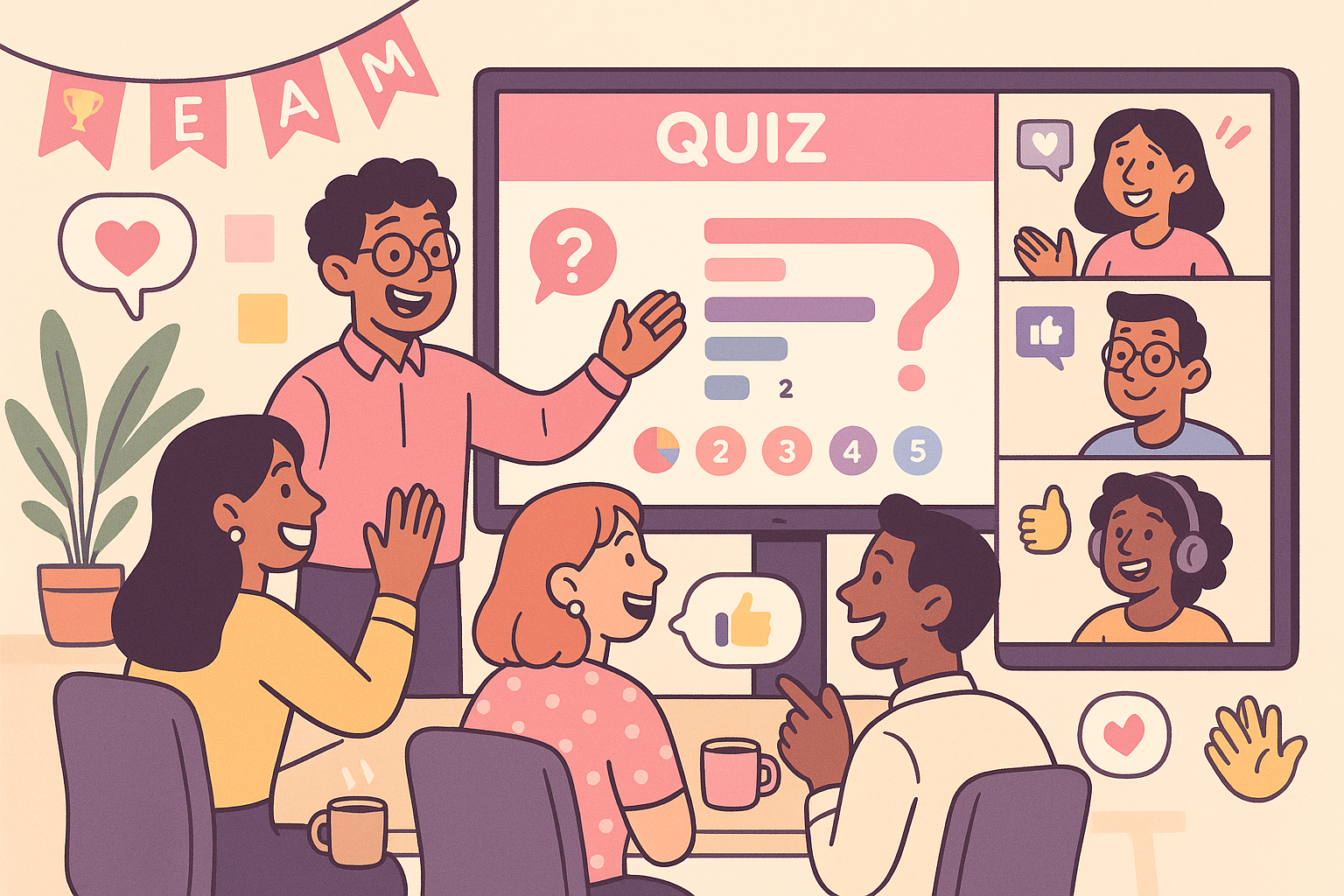14 Employee Sensitivity Training Courses
Sensitivity training promotes collaboration and understanding among your team's members. Check out these 14 courses for your employees.

14 Employee Sensitivity Training Courses
Did you know that sensitivity training can boost your employee engagement and productivity by more than 30%? That’s what a recent study found when it compared organizations that implemented comprehensive sensitivity training programs with those that did not. As workplaces become more diverse, sensitivity training grows in importance. Your employees come from a variety of backgrounds, which influences their reactions to different situations, communications, and cultural nuances.
However, sensitivity training is not a one-size-fits-all solution. It requires careful planning, execution, and evaluation to ensure its effectiveness and relevance.
That's why we've curated a list of the best sensitivity training courses, categorized by topic. We included a diverse range of options, allowing you to choose the approach that aligns best with your company's requirements and culture. These courses equip your employees with the knowledge and skills needed to navigate and celebrate your organization's diversity.
DEI (Diversity, Equity, and Inclusion) Sensitivity Training
DEI stands for diversity, equity, and inclusion. DEI training focuses on educating employees about the importance of embracing diversity. This type of training fosters an inclusive workplace culture where every team member feels valued and respected.
The result is less conflicts in the workplace. Here's how a conflict often arises: an employee says something another found hurtful. Tension rises. The offended employee now trusts the offender a little less. Depending on how severe they found the incident, their working relationship may be strained, affecting collaboration and productivity. In some cases, the quarrel might spiral out of control, requiring intervention from the HR department.
Yet, there was no intention to offend. Rather, the offender was unaware of how their words or actions could impact their colleague. This lack of awareness often stems from unconscious biases or stereotypes, which DEI training aims to address.
You can either host your own DEI workshop, or get a third party course, depending on your organization's resources and needs.
Hosting Your Own DEI Workshop
While hiring outside help is useful, it's often useful to start from within. Since you're going to talk about sensitive topics, you want the participants to feel as comfortable as possible. Having someone they trust from inside the company as host helps them feel at ease.
We created a deck to help you get started working on your DEI workshop:
And here's how you can host an event with the deck:
1. Edit the deck in our easy-to-use editor. Don't worry, it's as easy as entering the text you want in a slide
2. Start an event. You'll get an URL and a QR code you can share with the training's participants
3. Run your presentation using the deck
You can add in quizzes, polls, and even open mic slides. Let your employees know that their voices matter and their perspectives are valued. Encourage open dialogue and create a safe space for everyone to share their thoughts and experiences.
Online DEI Sensitivity Training
Online DEI courses offer a flexible and effective sensitivity training solution. These courses are particularly well-suited for small to medium-sized enterprises (SMEs) or organizations with remote teams, as they provide scalable and accessible learning options that can be tailored to the diverse needs of a workforce.
Among the best DEI courses you can find online are:
- Trailant's Sensitivity Training Course: Traliant's course targets workplace diversity, equity, and inclusion. Learn to recognize and counteract unconscious bias and microaggressions. Interactive content from industry experts makes it a comprehensive tool for promoting workplace sensitivity.
- Coursera's Diversity and Inclusion in the Workplace: Coursera offers insights into leveraging diversity's benefits while avoiding discrimination. Led by Professor Junko Takagi from ESSEC Business School, the course uses real-world examples to teach best practices for a safe, inclusive work environment.
- LinkedIn Learning's Diversity, Equity, Inclusion, and Belonging for All: A series of courses on LinkedIn Learning covering all aspects of workplace DEIB. Learn to celebrate differences and build inclusive teams with practical tips from experienced instructors. Ideal for enhancing DEI knowledge and skills, with a certificate upon completion.
Regardless of your industry or organizational structure, investing in DEI sensitivity training demonstrates a commitment to creating a workplace culture where every individual feels valued, respected, and empowered to succeed.
Cultural Awareness Sensitivity Training
The chief cause of insensitivity as work is a lack of awareness of different cultural background and perspectives. It usually goes like this: an employee says something they find funny without knowing that a colleague finds it hurtful.
For example, an employee might make a joke about a stereotype. A person who falls under the stereotyped category hears the joke and feels insulted by it. This lack of awareness can lead to misunderstandings, discomfort, and even conflict in the workplace. Which, in turn, creates a tense atmosphere, lower productivity, and often requires HR intervention.
Cultural awareness training teaches employees the significance of their words and actions. Its goals are to educate employees about other people's cultures. The training challenges stereotypes and helps trainees uncover unconscious biases they may hold.
Hosting Your Own Cultural Awareness Sensitivity Training
You can use Slides With Friends to host a cultural awareness training session. We recommend using these decks as a starting point:
Mindful Lunch
Everyone loves food, and food is an easy gateway into a culture. Our Mindful Lunch deck — with a few edits in our easy-to-use editor — invites participants to share their favorite dishes, learn about the origins and meanings of different foods, and practice mindful eating together. It’s a fun and tasty way to celebrate diversity and appreciate each other’s preferences.
Team Building Trivia Competition
What better way to engage with other cultures than with a trivia quiz? This deck tests participants’ knowledge of various aspects of different cultures, such as history, geography, art, music, religion, and customs. It’s a friendly competition that encourages curiosity and learning. Participants can also share their own experiences and insights about the cultures they belong to or have visited.
Cultural awareness training empowers individuals to recognize and challenge their own biases. As a result, employees gain the tools and knowledge to navigate cultural differences sensitively and effectively, fostering stronger relationships and collaboration within the team.
Online Cultural Awareness Sensitivity Training
Cultural awareness sensitivity trainings abound online. Here are some of the best ones:
- Cross-Cultural Communication: Dive into the essence of cross-cultural communication. Learn the psychology of cultures, navigate differences in communication, and master intercultural management. A certified trainer guides you through videos and interactive exercises. Perfect for those seeking to understand the global workplace.
- Awareness Training: Cultural Intelligence: Gain cultural competence with Learnlight's online program. Explore diversity's dimensions, tackle unconscious bias, and develop strategies for inclusive environments. Interactive and expert-led, it's for anyone ready to deepen their cultural understanding in a professional setting.
- Introduction to Cross-Cultural Awareness: Alison's free course offers a primer on cross-cultural awareness. It covers the benefits, challenges, and practical tips for overcoming cultural barriers. With video lessons and assessments, it's a solid start for those new to the concept.
Sexual Harassment Sensitivity Training
Sensitivity training is all about fostering a respectful and inclusive workplace culture. There can be no proper workplace environment without a deep understanding of each individual's boundaries and perspectives. This understanding is essential for promoting empathy, respect, and collaboration among employees.
The problem is often cultural. Society conditions us to think that some behaviors are ok, when they are not. That's why sexual harassment training is crucial in the workplace. Some people are unaware of the way their behavior affects coworkers of the opposite sex. What is "playful flirting" to one, is annoying — or even scary — to another. So, it's imperative to educate employees about appropriate conduct.
The statistics are damning. Sexual harassment remains a pervasive issue in workplaces worldwide, with [50% of all HR complaints being about sexual harassment]( https://gitnux.org/sexual-harassment-in-workplace-statistics/). These numbers highlight the prevalence of the problem. And they underscore the critical need for comprehensive sexual harassment training. The work environment should be safe, respectful, and dignified for everyone.
Organizations must take proactive steps to ensure that their workplace is free from harassment and discrimination. This involves not only addressing issues as they arise but also implementing preventative measures through targeted training programs.
Online Sexual Harassment Sensitivity Training
In the digital age, understanding and preventing sexual harassment is crucial. The following online courses provide comprehensive training to foster a respectful and safe workplace environment:
- EdApp's Sexual Harassment in the Workplace course: This course, delivered over slides tackles the tough realities of sexual harassment. It's direct, offering clear examples and solutions. Learn to recognize harassment, understand its impact, and know how to act. It's designed for quick learning, ensuring that respect and safety become second nature in your workplace.
- iHASCO's Sexual Harassment Awareness Training: iHASCO cuts to the heart of sexual harassment awareness. This training is thorough yet straightforward, covering how to spot, stop, and prevent harassment. It helps trainees understand how to create a culture where everyone feels safe and respected, providing the tools to make this a reality.
LGBT Sensitivity Training
LGBT Sensitivity Training is a type of sensitivity training that aims to raise awareness and understanding of the issues and challenges faced by lesbian, gay, bisexual, transgender, queer or questioning (LGBTQ+) people in the workplace and society. It also seeks to promote a culture of respect, inclusion, and diversity among employees and stakeholders.
The topic is gigantic, so you won't be able to cover it all in a single session. Here are some ideas to get you started:
- The different forms and manifestations of discrimination, harassment, and violence against LGBTQ+ people
- The benefits of having a diverse and inclusive workforce and environment for LGBTQ+ people and the organization as a whole
- The best practices and strategies for creating and maintaining an LGBTQ+ friendly workplace and culture
- The sources of support and guidance for LGBTQ+ people and allies within and outside the organization
This is an area where you can be as extensive or as focused as you wish — depending on your specific needs and priorities.
Remember, the goal of sensitivity training is to cultivate a workplace environment where everyone feels valued, respected, and empowered to bring their authentic selves to work. With that in mind, consider tailoring your training sessions to address the unique challenges and opportunities within your organization.
Hosting Your Own LGBT Sensitivity Training
Hosting your own LGBT training session cuts straight to what's essential: understanding, respect, and the clear truth of everyone's right to be themselves. It's a direct path to building a more inclusive workplace, where stories are shared, differences are embraced, and every individual is valued.
Hosting your own LGBT sensitivity training is especially effective when there are people who belong to the LGBT community on your staff. They can share their stories and let their coworkers learn that they are humans like them, with their own dreams and struggles.
We have prepared a deck to help you conduct an LGBT sensitivity training session:
In this deck, participants will explore diverse identities and learn the importance of inclusion and empathy. It's designed for easy customization, making it adaptable to any workplace aiming to celebrate diversity and foster a supportive environment.
Online LGBT Sensitivity Training
Embrace diversity and promote inclusion with our curated selection of online LGBT sensitivity training courses, designed to enhance understanding and respect within any organization.
- The LGBT Foundation's Training Academy: This is a comprehensive approach to LGBTQ+ inclusion, with live, interactive online modules for all knowledge levels. By completing all modules, participants can earn a Champion award and join an alumni network, enhancing both personal and professional inclusivity skills.
- The Safe Zone Project: The Safe Zone Project provides a free, effective online resource for LGBTQ+ awareness and allyship training. Offering a foundational curriculum for educators in over 100 countries, it's designed to make Safe Zone trainings impactful, engaging, and accessible to all, aiming for maximum educational opportunity effectiveness.
Wrapping Up
Sensitivity training is more than checking a box. It's about building a workplace where respect is the foundation of every interaction. Through the courses outlined here, from DEI to LGBT sensitivity, you equip your team to navigate our diverse world with understanding and empathy. It's a commitment to growth, to seeing beyond our perspectives, and to acknowledging the dignity in everyone. Let these trainings be your guide to fostering an environment where every employee thrives.


Ready to ditch the dull, and run team sessions that people will actually enjoy?
Get started with a Slides with Friends deck in no time. We’ve got all the interactive features you need in one easy-to-learn, easy-to-set-up tool.















